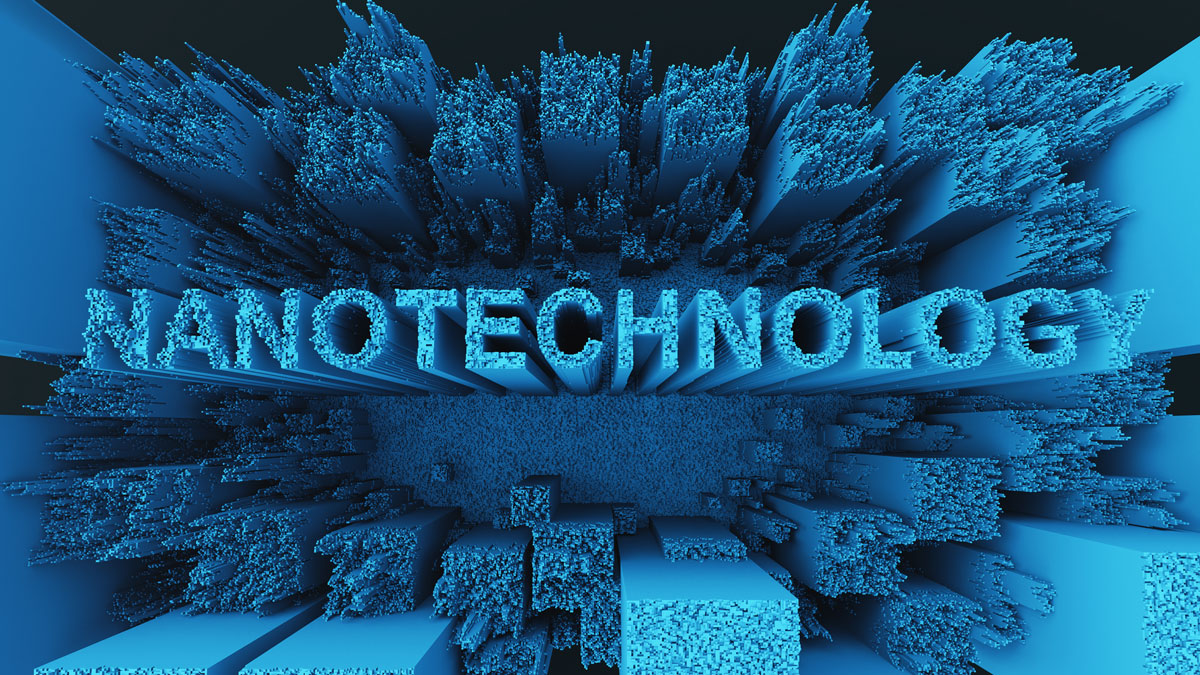Category: Nano News
Get the latest updates from Nano News – featuring council announcements, member highlights, and key developments across the global nanotechnology community.
Kim et al., recently reported on photon-triggered nanowire (NW) transistors, a new step toward optical computing. These devices consist of crystalline silicon (CSi) NWs that include (PSi) segments in the middle and electrical contacts at both ends of the NW. The PSi acts as a reservoir and supplies carriers to the CSi channel when is exposed to light. It allows for an on/off ratio as high as 8×106. Based on [...]
A near-field cavity optomechanics readout concept has been integrated with picogram-scale probes to realize fully functional AFM detection. This allows achieving high temporal resolution (<10 ns) and picometer vertical displacement uncertainty simultaneously, breaking the trade-off between AFM measurement precision and ability to capture transient events. Adapted with permission from Nano Lett., Article ASAP, DOI: 10.1021/acs.nanolett.7b02404. Copyright © 2017 American Chemical Society. To read more: http://pubs.acs.org/doi/abs/10.1021/acs.nanolett.7b02404 (Contents prepared by Dr. Noelia Vico [...]
By exploiting microtubules propelled by surface-adhered kinesin motors as motile nanoscale agents capable of performing basic computations, the subset sum problem was solved in a highly parallel approach. For more information, see Nicolau Jr. et al. in the Early Access Section of the Proceedings of the National Academy of Sciences: To read more: http://www.pnas.org/content/early/2016/02/17/1510825113 (Contents prepared by H. Hess and posted by Y. Tzeng.)
Amani et al. recently reported near-perfect two-dimensional transition metal dichalcogenide, MoS2 with photoluminescence quantum yield of more than 95% by chemical treatment in a nonoxidizing organic superacid: bis(trifluoromethane) sulfonimide (TFSI), which eliminates defect-mediated nonradiative recombination. To read more: Near-unity photoluminescence quantum yield in MoS2. Matin Amani, Der-Hsien Lien, Daisuke Kiriya, Jun Xiao, Angelica Azcatl, Jiyoung Noh, Surabhi R. Madhvapathy, Rafik Addou, Santosh KC, Madan Dubey, Kyeongjae Cho, Robert M. Wallace, [...]
Negative Capacitance FET (NCFET) can be viewed as a FET with built-in voltage amplification. The first ALD ferroelectric HfZrO2 based negative-capacitance FinFET with gate length as small as 30 nm was reported in IEEE International Electron Devices Meeting (IEDM 2015) in Washington, DC USA. Small-signal voltage was amplified by 1.6X maximum at the internal gate with the sub-threshold swing improved from 87 to 55mV/decade. ION increased by >25% for the [...]





